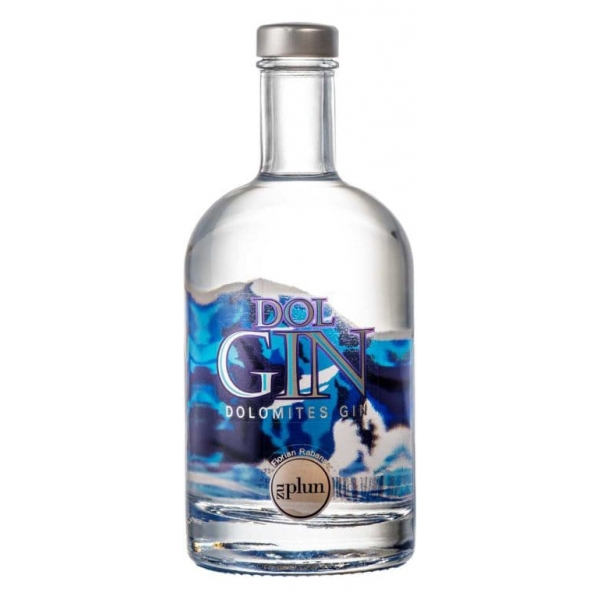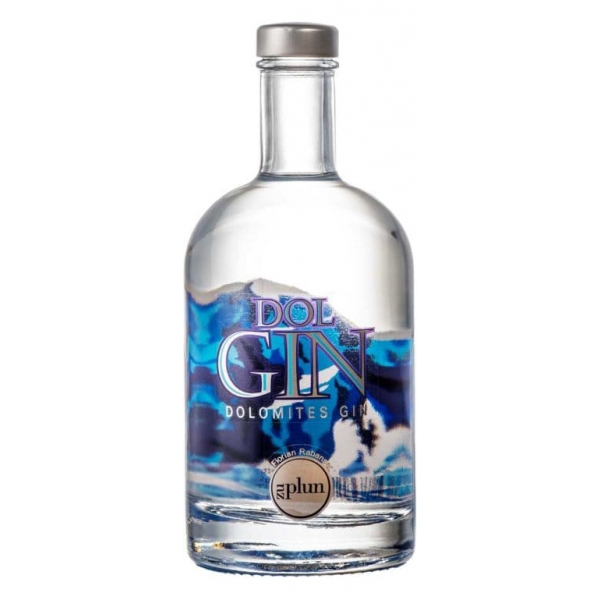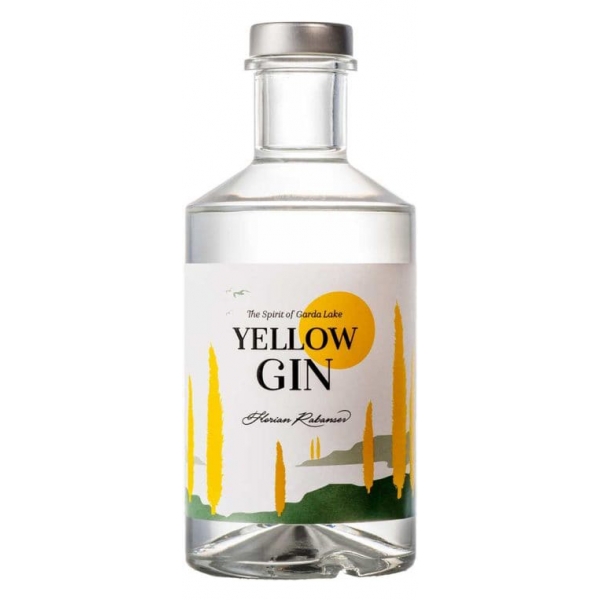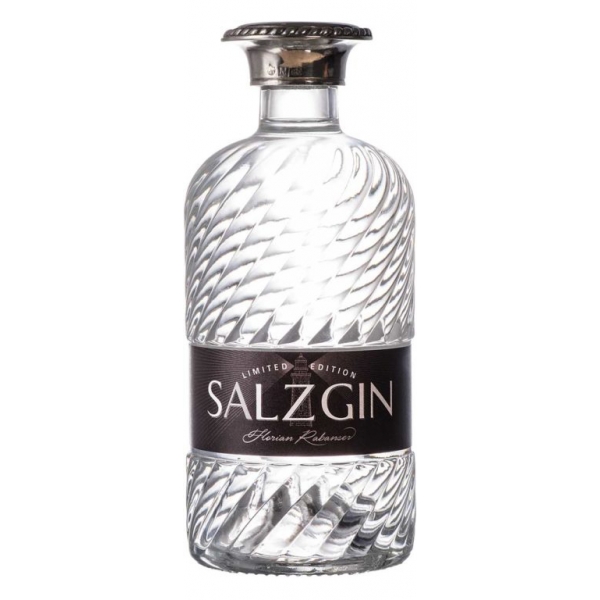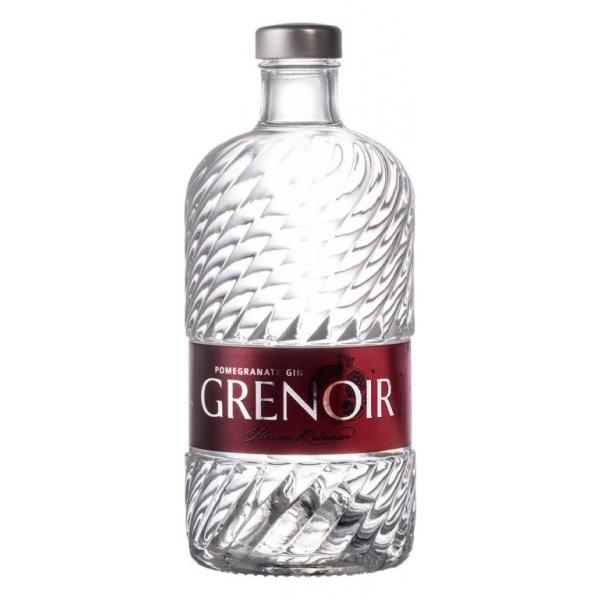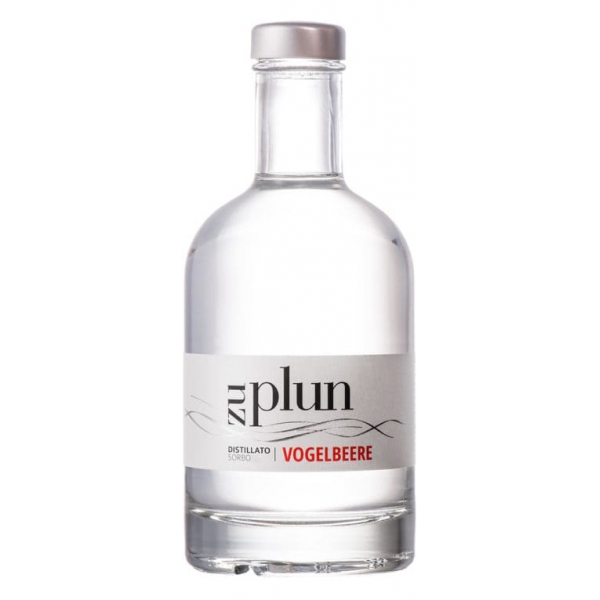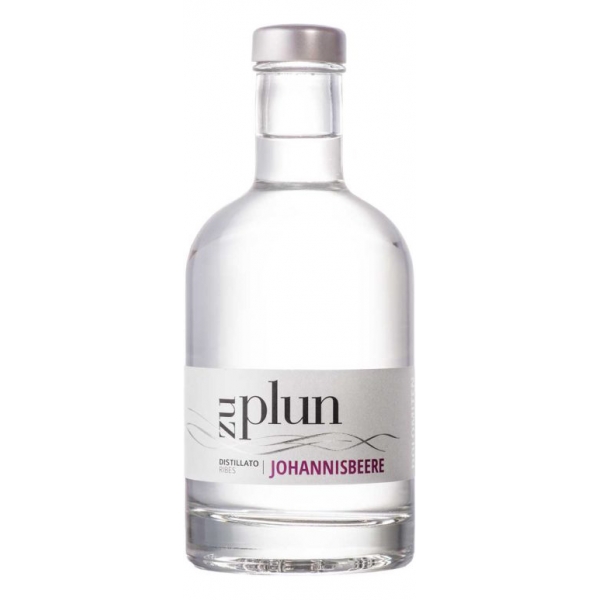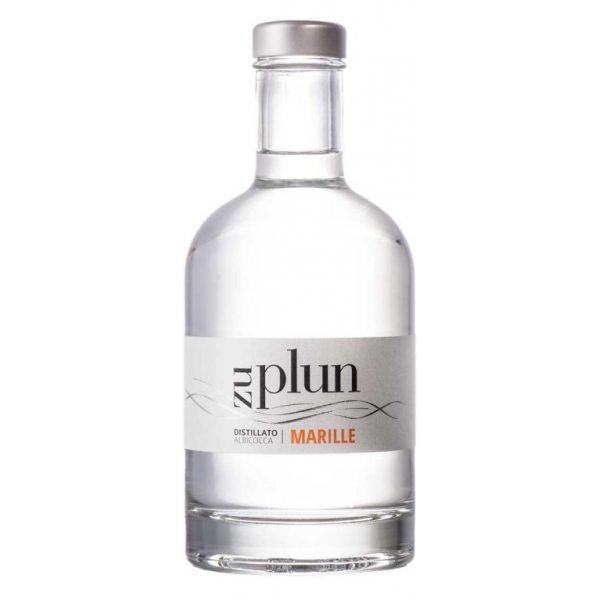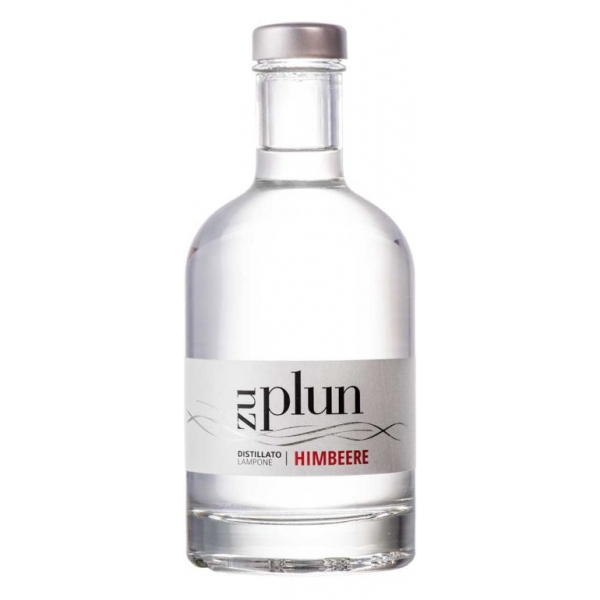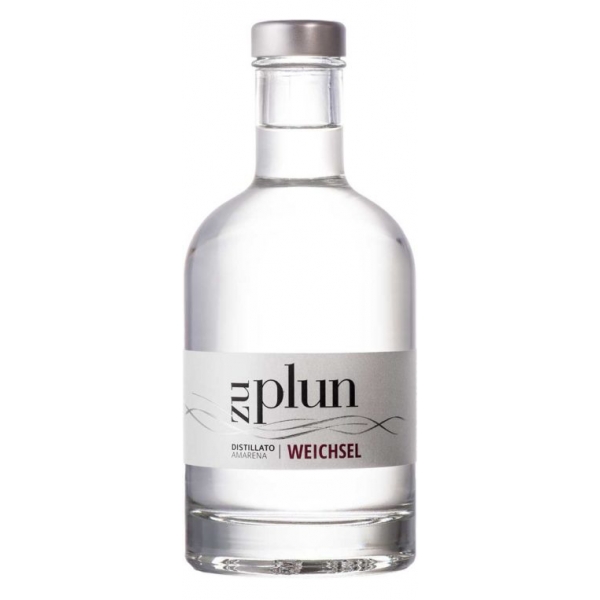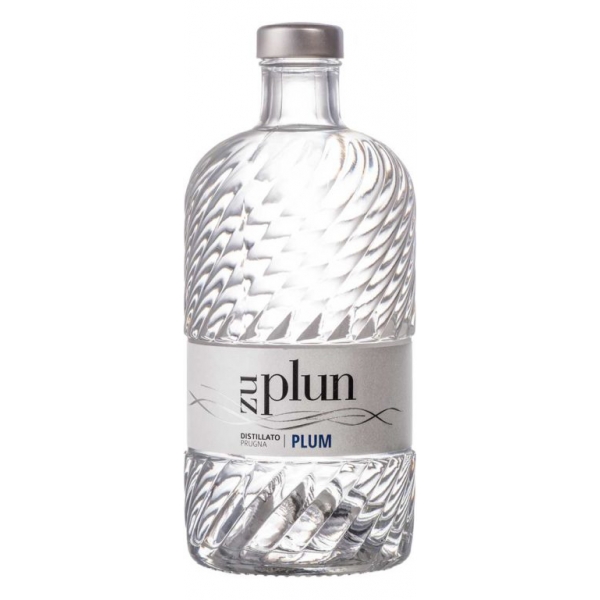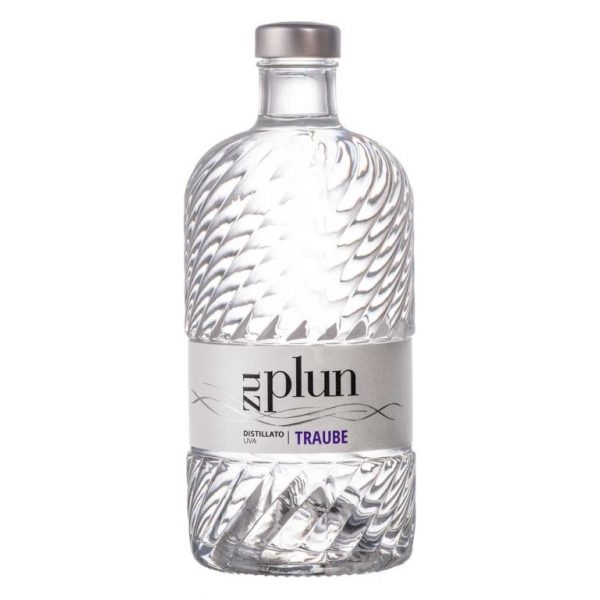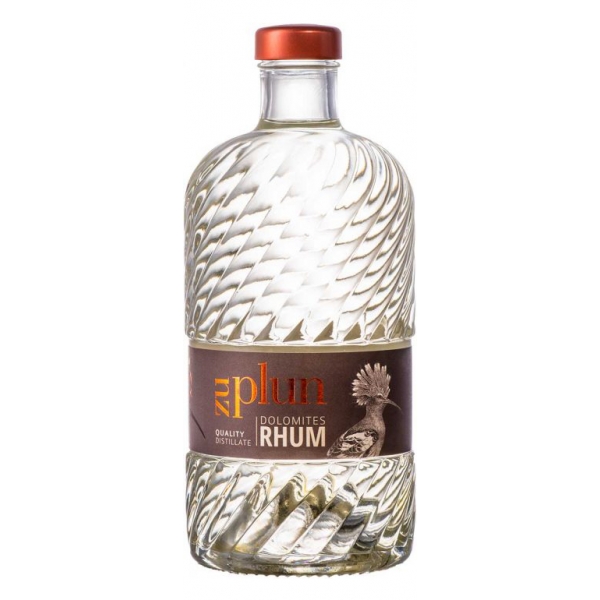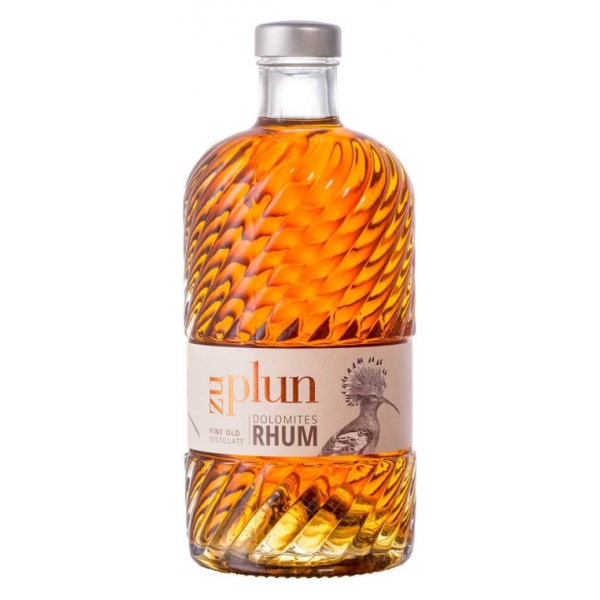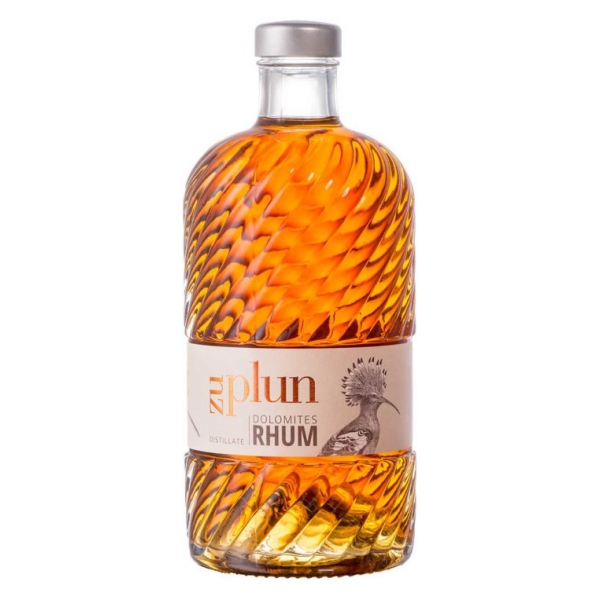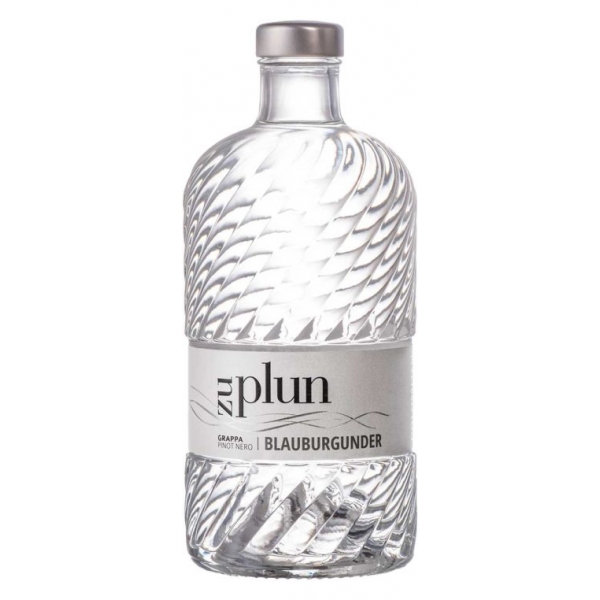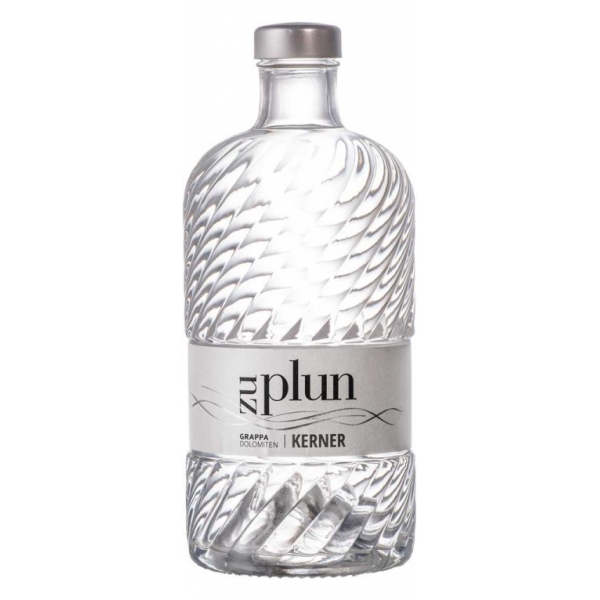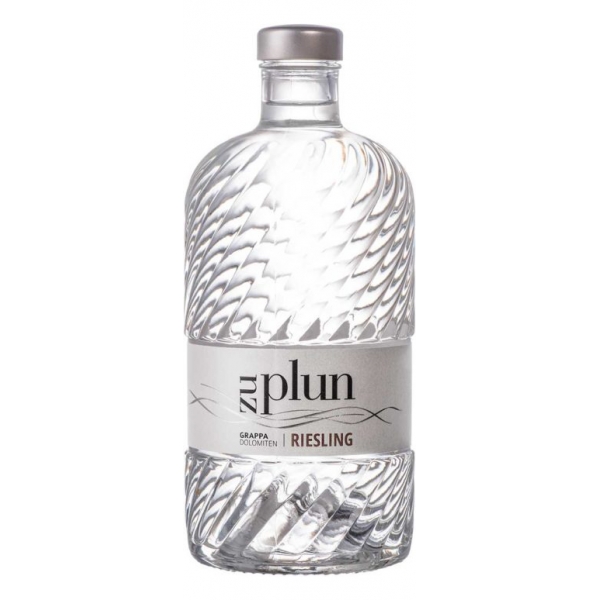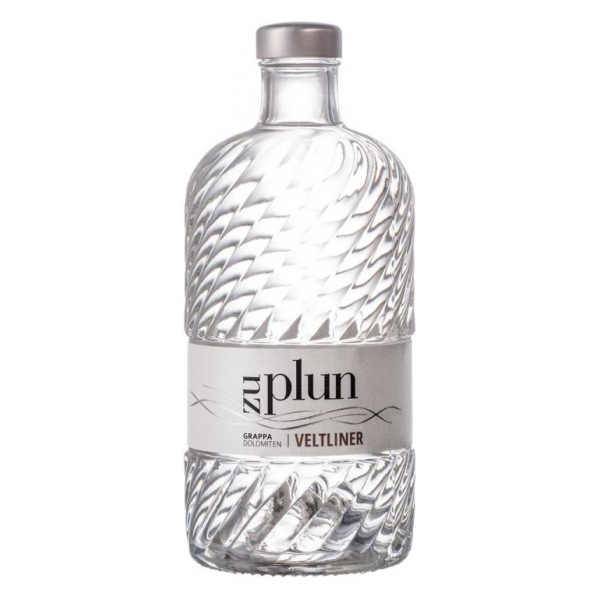No products
Categories
- Fashion Accessories
- Clothing
- Beauty & Lifestyle
-
Hi-Tech & Lifestyle
- Gaming
-
Case
- iPhone 11 Pro
- iPhone 11 Pro Max
- iPhone 11
- iPhone X / XS
- iPhone XS Max
- Samsung S10 / S10+ / S10e
- Huawei P30 / P30 Pro / P30 Lite
- Huawei P20 / P20 Pro / P20 Lite
- iPhone XR
- Samsung S9
- Samsung S9+
- iPhone 8 / 7
- iPhone 8 Plus / 7 Plus
- Samsung S8
- Samsung S8+
- Samsung S7
- Samsung S7 Edge
- iPhone 6 / 6 s
- iPhone 6 Plus / 6 s Plus
- iPhone 5 / SE
- Skin
- Audio
- Smart Home
- Drones & Hoverboard
- Photo & Video
- Desk Supplies
- Accessories
- Games
- Beverages
- Food
- Home
- Jewelry
- Luxury
- Travel
- Art
- Footwear
- Vintage Fashion
- Restaurants
- Sport
- Animals
- Gift Ideas
- Kidswear
Extra
Viewed Products
-

Divo Diva - Montecarlo - Dark Brown - Leather Handbag - Made in Italy - Life...
High quality Divo Diva leather bag,...
Zu Plun
Distillates from The Dolomites
.jpg)
“It is not necessary to be crazy to distill a great liquour, but it helps immensely”. A 14th-century document already mentioned the Plunhof at Siusi allo Sciliar (Seis am Schlern). In the past, the company was part of the land properties of the Hauenstein Castle and was therefore owned by no less than poet Oswald von Wolkenstein. Yet not even his vivid fantasy might have imagined that world-class and internationally famous fine spirits and fruit liquours would be born here, 1000 metres above sea level. Today, Zu Plun is the distillery of the Dolomites that makes gins, rhums, liquours and grappas using mountain ingredients. The Dol Gin, made with Dolomitic plants, is certainly the one that best represents this area. There are many traces of this region in this liquour. The one that is probably most suited to the current trends is the Yellow Gin, in which the juniper aroma is enriched with the essence of lemons from the Garda region. The Grenoir is made with pomegranate, and finally the Salz Gin is enriched with salt and oysters.
Presentation Zu Plun
- 1
- 2
-
Zu Plun - Dol Gin - Gin - Distillates from The Dolomites - High Quality -...
DOL GIN. With the first gin distilled in the Dolomites, the distillation master at Zu Plun has followed up on witch myths revolving around the Sciliar region. Plenty of old herb knowledge is hidden in this distillation, whose ingredients – with the exception of the lemon rind from Lake Garda – are grown in the Dolomites and on the Alpe di Siusi.
44,16 € -
Zu Plun - Dol Gin - Special Edition - Gin - Distillates from The Dolomites -...
DOL GIN. With the first gin distilled in the Dolomites, the distillation master at Zu Plun has followed up on witch myths revolving around the Sciliar region. Plenty of old herb knowledge is hidden in this distillation, whose ingredients – with the exception of the lemon rind from Lake Garda – are grown in the Dolomites and on the Alpe di Siusi. Special...
137,86 € -
Zu Plun - Yellow Gin - Gin - Distillates from The Dolomites - High Quality -...
Yellow Gin tells "The Spirit of Garda Lake". A summer and modern Gin grows with herbs and spices from Lake Garda. The citric part comes from the lemon of the lemon grove "La Garbera" of Lake Garda. The Gin typology is also characterized by the cypress cells which are partially used as a remedy for juniper.
37,11 € -
Zu Plun - Salz Gin - Gin - Distillates from The Dolomites - High Quality -...
The idea of producing Salz Gin was born on the island of Sylt in the North Sea. Salz Gin comes from cereals distilled in a discontinuous method in copper still and with botanists in a water bath and infusion; the water for the distillation process is the filtered and partially demineralized water of a saline on the Island of Sylt. Among the botanists...
122,63 € -
Zu Plun - Grenoir Gin - Gin - Distillates from The Dolomites - High Quality -...
Grenoir is a Mediterranean Gin. The base of this Gin is made up of juniper and lemon accompanied by wild fennel, mint and pomegranate. Grenoir Gin redesigns the characteristics of a real Gin with Mediterranean and fruitful notes. The pomegranate gives the product its name.
50,53 € -
Zu Plun - Gentian Grappa Enzian - Distillates Herbs Grappa from The Dolomites...
At home in Alpine meadows and chalets, gentian as “homemade“ specialty is definitely not for faint taste buds. Distillation master Rabanser, with his version of this typical bitter spirit, shows that also gentian can be used to make a distillate of high sensorial quality. Our gentian grappa is not made from blue gentian, but rather from the protected...
37,53 € -
Zu Plun - Rowan Grappa Vogelbeere - Distillates Herbs Grappa from The...
Rowan Brandy. In late summer the markedly red cone berries of the rowan glisten all across South Tyrol; they are known in the local dialect as Vogel- or also Mehlbeere. The distillation of this fruit has a particularly long tradition in the Tyrol region, however this distillate allows for no mistake in the choice and preparation of the berries to be pressed.
62,90 € -
Zu Plun - Currant Grappa Johannisbeere - Distillates Herbs Grappa from The...
Currant Spirit. Currant spirits are capricious in terms of production, but exceptionally captivating to the nose with their numerous fleeting, fine aromas. The currant spirit by Zu Plun is made using blackcurrants from farming land located not far from the distillery in Fiè allo Sciliar at about 900 m above sea level. Unlike the slightly sour redcurrant,...
34,50 € -
Zu Plun - Apricot Grappa Marille - Distillates Fruit Grappa from The...
Apricot grappa. The mellow fruits from the apricot tree are among the oldest type cultivated and originally come from northern China. They have been grown for centuries in warm and dry locations in Europe, however the best place for them in the Alpine area is the Venosta valley. As a matter of fact the Venosta apricots used by Zu Plun for its apricot...
43,51 € -
Zu Plun - Rasperry Grappa Himbeere - Distillates Fruit Grappa from The...
Raspberry distillate. The raspberry is an aromatic, as well as sensitive and delicate fruit. The yields from its cultivation are actually relatively small. The berry bushes best suited for grappa distillation from farms such as those in Fiè allo Sciliar, where the raspberries used for the Zu Plun distillate at 900 metres above sea level, produce even...
40,46 € -
Zu Plun - Sour Cherry Grappa Weichsel - Distillates Fruit Grappa from The...
Cherry distillate. The name Weichselkirsche is commonly used in German-speaking areas of the Alpine region. As in the case of apricot and quince apple also this tree, now grown all over the world, originally comes from Asia. The Zu Plun cherry distillate is produced using fruit from the Marasca cherry tree, an autochthonous sour cherry variety in...
41,07 € -
Zu Plun - Pear Grappa Williams - Distillates Fruit Grappa from The Dolomites...
Pear Williams distillate. No other fruit type is more frequently distilled in our areas than the Williams pear – it is undisputedly the queen among more or less aromatic pip fruit types. Williams is a favourite, although whoever tasted a glass of a true top quality distillate will find the large majority of common or garden pear brandies flat at best,...
35,77 € -
Zu Plun - Pear Grappa Williams - Distillates Fruit Grappa from The Dolomites...
For the plum grappa from the Zu Plun distillery use is made exclusively of typical plums of South Tyrol farms, which are grown directly by Plunhof at about 1100 m altitude. The plums that grow in this climate characterised by strong temperature oscillations are small and compact, with a more concentrated aroma than common fruits.
32,96 € -
Zu Plun - Grape Grappa Traube - Distillates Fruit Grappa from The Dolomites -...
The Zu Plun grape distillate is born from the precious Regina grapes, the distillate capable of perfectly evoking the characteristic hints of the original grapes. The strong fruity note makes the Zu Plun grape distillate extremely soft and aromatic, capable of evoking the taste and smell of the freshness and complexity of the fruits of the South Tyrolean...
31,90 € -
Zu Plun - Rhum Dolomites Quality - Rhum - Distillates from The Dolomites -...
White rum Rhum Dolomites quality. The great fame and numerous awards received by rum from the Zu Plun distillery encouraged the company experts to expand the range with another “”exotic”” specialty. White rum, like its darker brother, is distilled using molasses from Central America, which reach Europe across the ocean through the northern port cities of...
37,82 € -
Zu Plun - Rhum Dolomites Fine Hold - Rhum - Distillates from The Dolomites -...
The paradise distillate from the Caribbean in the Dolomites? Sure! This is thanks to the experimentation spirit of creative distillation masters at Plunhof, who have created something totally innovative for South Tyrol. The first rum distilled and bottled in Italy is something truly special. The molasses come from winding paths on the Sciliar: the sugar...
48,19 € -
Zu Plun - Rhum Dolomites Unfiltered - Rhum - Distillates from The Dolomites -...
Unfiltered Rum stands out for its excellent and intense characteristics among all spirits produced at Zu Plun. Thanks to its 60 % proof, it belongs to the inner circle of the “Full Proof” Rums. This label dates back to when sailors used to test the “Rum’s strength” by mixing it with gunpowder and set it to fire. It is pretty uncommon Rum in Europe.
48,19 € -
Zu Plun - Grappa Pinot Nero Blauburgurder - Grappa - Distillates from The...
Grappa Pinot Nero Blauburgunder. This specialty of single grape is obtained from the pomace of small vineyards, such as the Stroblhof di Appiano. It is famous for the pinot noir with a delicate black cherry bouquet and the special reserve, which is vinified only in good years above average. Selected, healthy and fully ripe grapes from the best areas and...
33,57 € -
Zu Plun - Grappa Kerner - Grappa - Distillates from The Dolomites - High...
Grappa Kerner. The Zu Plun distillery receives the marc from the Taschler winery, where a solid Kerner with the typical minerality of the cultivable area is pressed alongside Riesling and Silvaner. This distillate has a moderate aftertaste, a delicately structured aromatic profile with taste notes similar to Muscat.
29,79 € -
Zu Plun - Grappa Riesling - Grappa - Distillates from The Dolomites - High...
Grappa Riesling. In this area this variety shows a considerable increase, always in search of quality and a particular Riesling typical of the region. The wines are characterized by an ethereal aroma and a lively flavor. From the pomace of Riesling from the small vineyards north of Novacella, Florian Rabanser obtains a fine Riesling Grappa of excellent...
29,79 € -
Zu Plun - Grappa Veltliner - Grappa - Distillates from The Dolomites - High...
Grappa Veltliner: the pomace of this specialty of single grape variety also comes from the Isarco Valley, more precisely from the areas cultivated around the convent of Novacella.
29,79 €
- 1
- 2



